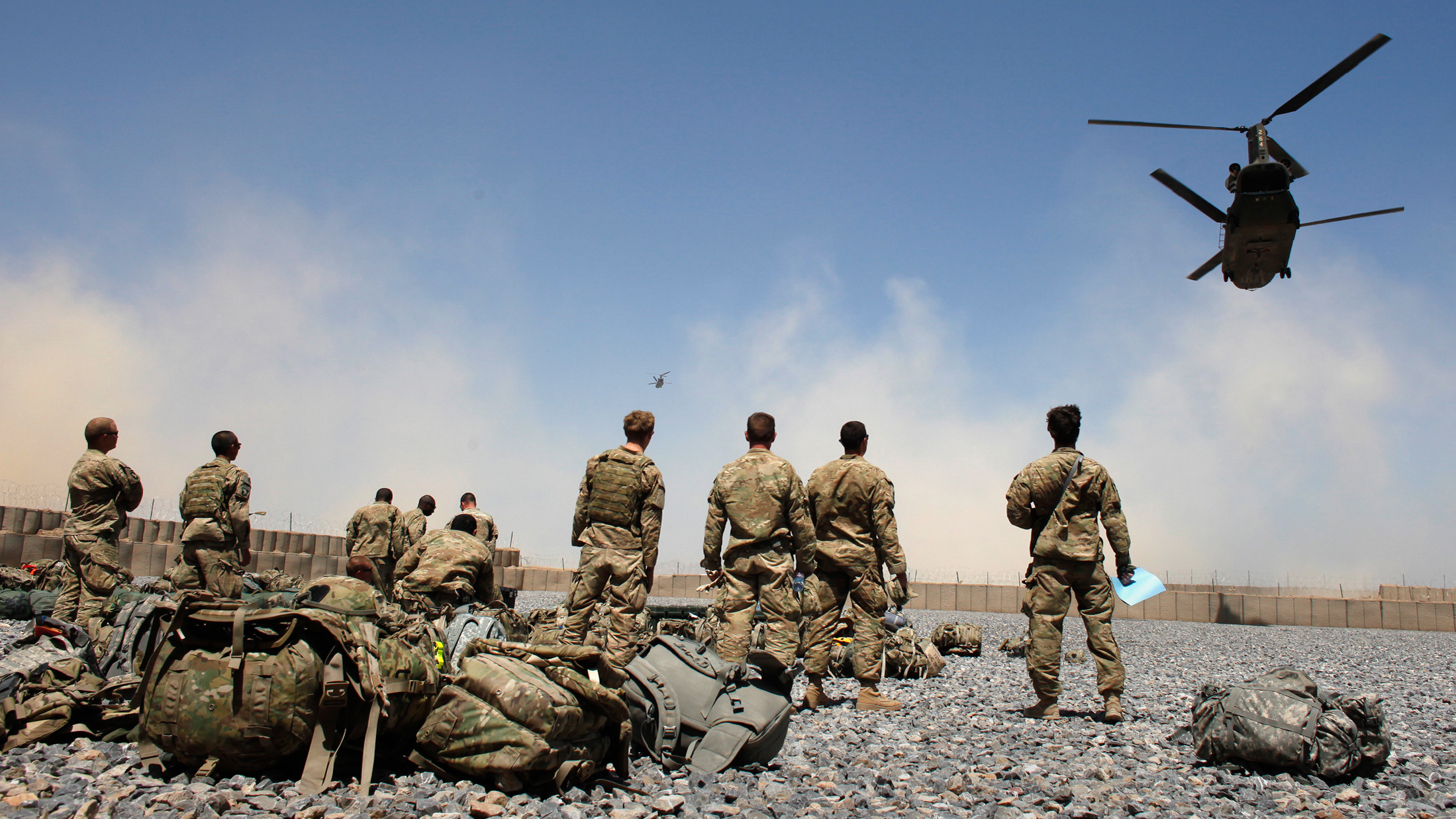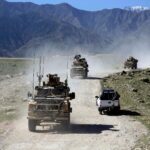Some NATO allies and other coalition countries that first deployed service members to Afghanistan in the war’s early years are leaving months ahead of the Sept. 11 deadline set by the Biden administration for all U.S. forces to depart, several defense officials said.
The mission to “train, advise and assist” Afghan partners that coalition partners had engaged in is over, although informal assistance and advising continues with senior officials in the Afghan military and government.
The focus is now on withdrawal, which has prompted conflicting emotions from America’s partners in Afghanistan. More than 1,100 troops from 40 non-U.S. NATO and partner countries have been killed during the war, alongside more than 2,300 U.S. service members.
For Dutch troops at Camp Marmal near the northern city of Mazar-e-Sharif, the bar where troops used to hang out has been dismantled, as has the monument to 25 of their comrades who died in the war. A soldier is collecting anything historically significant and sending some of the pieces to the Netherlands’ Rijksmuseum.
There’s a lot of work to do, said Capt. Marvin, commander of a unit in charge of the withdrawal. The captain insisted on being identified only by his first name for security reasons.
A ceremony on May 16 represented the only real time for reflection amid the packing up.
“That was really a moment for everybody: ‘this is it,’” he said.
Dutch troops could be out by sometime in July, the Dutch Defense Ministry said last week.
Troops from Austria, a non-NATO country that joined the coalition at the outset, also expect to be gone by July, the country’s defense ministry said in a statement.
Portuguese soldiers who protect a base at Kabul’s international airport will pull out by the end of May, although some high-ranking officers will remain, a military spokesman from Lisbon said.
Troops from Spain, New Zealand and Croatia have already departed, spokesmen for those countries said.
Germany, which led the military efforts from 15 nations in Afghanistan’s north, will be one of the last countries to leave, officials there have said.
Last month, German Defense Ministry spokesman David Helmbold told reporters in Berlin that a July 4 pullout date was being considered for its roughly 1,000 troops, The Associated Press reported. Other estimates from German officials have extended as far out as mid-August.
The movement of troops and equipment back to Germany began in earnest around mid-May.
The Taliban have stepped up attacks and surrounded provincial capitals across the country as the withdrawal continues, said a report this week to Congress by the Lead Inspector General for Operation Freedom’s Sentinel.
Some European countries, worried by the high levels of violence in Afghanistan, have pledged to continue financially supporting the country’s government, as well as advocating for peace through diplomatic channels after withdrawal.
The withdrawals mean that Afghanistan’s security forces soon will no longer be able to rely on NATO and coalition troops for air support and other help.
Lt. Col. Catalin Gradinariu, a Romanian adviser, recently returned home after helping close Kandahar Airfield, which was handed over to the Afghan military in mid-May.
Gradinariu is one of 32,000 troops from Romania who served in Afghanistan, with 27 losing their lives.
Gradinariu arrived on his first tour at Kandahar in 2003. He returned four more times, experiencing the early days of the war, the counterinsurgency campaign during the 2010 troop surge, the advising mission, and finally the withdrawal.
Gradinariu said he believes Afghanistan’s military has improved significantly since the U.S. and its partner countries first arrived. He said he was sad to leave the country where he spent the “peak” of his military career.
“A lot of my life was in Afghanistan, Gradinariu said. “You think about five tours, that means a lot of time. But hey, it’s time to say goodbye.”













